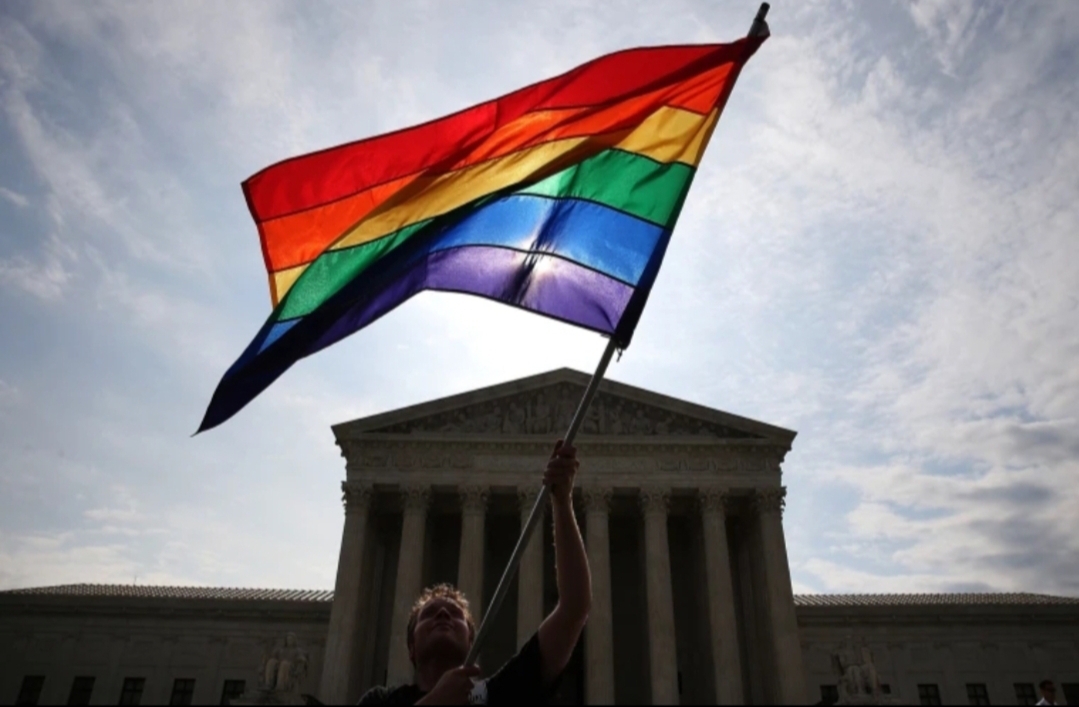Empowering Reproductive Rights: A Vital Pathway to Gender Equality

In order to achieve gender equality, numerous societal problems must be resolved. Giving women more control over their reproductive lives is one important factor in achieving true gender equality. Access to reproductive healthcare, the ability to use contraception, the right to an abortion that is safe, and thorough sexuality education are all included in the category of reproductive rights. Empowering reproductive rights encourages individual autonomy, well-being, and paves the way for gender equality by ensuring people have control over their reproductive choices. The importance of advancing reproductive rights and how it helps to foster a more egalitarian society are both discussed in this article. Individual Autonomy and Well-being Recognising personal autonomy and wellbeing requires the empowerment of reproductive rights. People who have access to comprehensive reproductive healthcare are better able to decide for themselves what is best for their bodies, their he...

